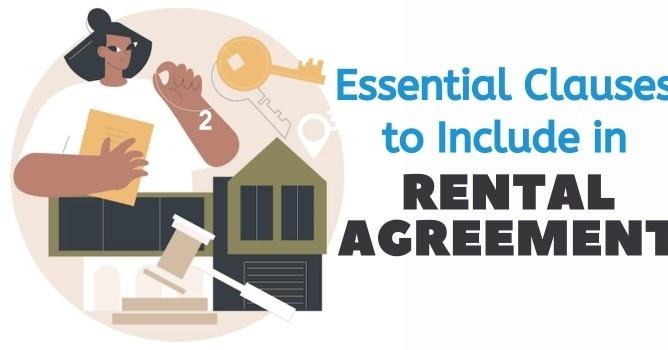In the competitive world of real estate, potential tenants often find themselves in need of more than just a good reference to secure their ideal rental property. Landlords and property managers seek assurance that you, as a tenant, can fulfill the financial commitment of timely rent payment. This is where the challenge arises for applicants, especially freelancers, entrepreneurs, or anyone with an unconventional income stream. How do you, as a potential tenant, prove your financial reliability? Enter the role of paystubs.
Why Do Landlords Require Proof of Income?
Before diving into the solution, understanding the ‘why’ behind income verification is crucial. Landlords are essentially entrusting their property to a stranger. They need evidence that this trust is justified, and one of the primary indicators is financial stability. By providing proof of income, tenants demonstrate their ability to pay rent consistently, thereby reducing the risk perceived by the landlord.
For individuals with traditional employment, this proof comes in the form of paystubs, a financial summary provided by employers. However, self-employed individuals or those with non-traditional income sources often lack this standard document, leading to a predicament during the rental application process.
Crafting Your Own Authentic Paystub
In the absence of employer-issued paystubs, there’s a growing trend and necessity among non-traditionally employed individuals to create authentic, professional paystubs. Digital advancements have made it possible to generate these documents, ensuring they offer a truthful representation of consistent income, much like those received by regularly employed workers.
For freelancers or self-employed individuals, this means compiling your varied income streams into a single, coherent document that reflects your average earnings, just like a standard paystub. These self-made records should accurately depict gross income, relevant deductions, and net income, thereby providing a clear financial snapshot for the landlord’s consideration.
What to Consider When Generating a Paystub
Accuracy and authenticity are paramount when creating a paystub. Here are a few critical considerations:
1. Detailed Information: Your paystub should include personal information (name, address, etc.), company details if you’re self-employed (business name, address), and pay period dates. It’s about providing a comprehensive view of your financial inflow. Utilizing a paystub template simplifies the process of organizing and presenting this essential financial data, ensuring accuracy and professionalism in your records.
2. Gross Income: This figure is what you earn before any deductions. It can include regular wages, contract payments, and any additional income streams relevant to your overall earnings.
3. Deductions: While unconventional employees might not have standard deductions like pension schemes or health insurance, there may be business expenses, taxes, or other deductions relevant to your work.
4. Net Income: This is your take-home pay after deductions. It’s a critical figure for landlords, as it reflects what you truly have available for expenses like rent.
5. Year-to-Date Totals: These figures show your earnings and deductions from the beginning of the year to the current date, offering insight into your financial consistency or growth.
Enhancing Trust with Additional Documentation
While paystubs are powerful, they shouldn’t stand alone. Bolster your application with other financial documents like bank statements, a credit report, tax returns, or reference letters from clients or previous landlords. If you’re a freelancer, invoices and any contracts showcasing ongoing work can also support your case.
Conclusion: Building Confidence in Your Financial Footprint
Your journey as a potential tenant, particularly if navigating the world outside traditional employment, may have its hurdles. However, by professionally showcasing your financial stability through tools like generated paystubs and supporting documents, you build a compelling case for your reliability as a tenant.
In essence, creating authentic, accurate paystubs isn’t merely about adhering to formality. It’s about taking charge of your narrative, presenting your financial story with clarity and confidence, and ultimately, opening doors to opportunities that might have seemed out of reach due to the unconventional nature of your income.
